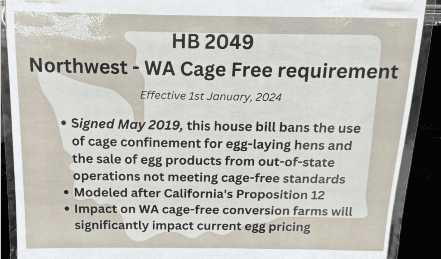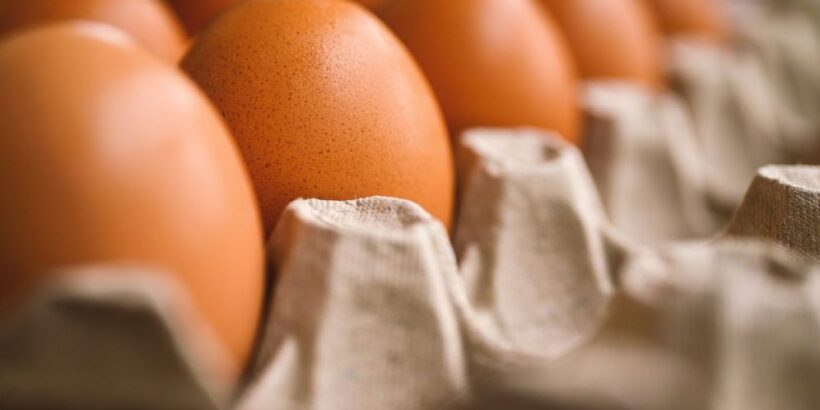Effective earlier in 2024, a recently enacted law in Washington State mandates improved living conditions for egg-laying hens. While formally signed in 2019, the legislation allows retailers ample time to transition their sourcing practices.
The primary motivation behind this law is the ethical concern surrounding the use of battery cages. These confined spaces have been criticized for limiting hens’ natural behaviors and potentially causing physical and psychological harm. The new regulations aim to ensure Washington-produced eggs come from facilities adhering to higher animal welfare standards. This approach also seeks to incentivize out-of-state producers to adopt similar practices.

While anticipated benefits regarding animal welfare are significant, potential economic consequences require consideration. Increased production costs associated with improved living conditions are likely to translate into higher egg prices for consumers. Despite the projected demand remaining stable, production output from more humane facilities might not immediately keep pace, leading to potential temporary price fluctuations.
Criticisms of the legislation raise concerns about alternative housing systems, such as cage-free facilities. Opponents argue that these environments, while an improvement over battery cages, still present challenges due to potential overcrowding and aggressive pecking behavior among hens. They suggest this could lead to increased costs due to the need for euthanasia in response to injuries.
The implementation of this new law reflects a growing national discourse concerning animal welfare in the agricultural industry. While potential economic impacts pose legitimate concerns, the long-term benefits for animal well-being remain a central driving force behind this legislative change.
